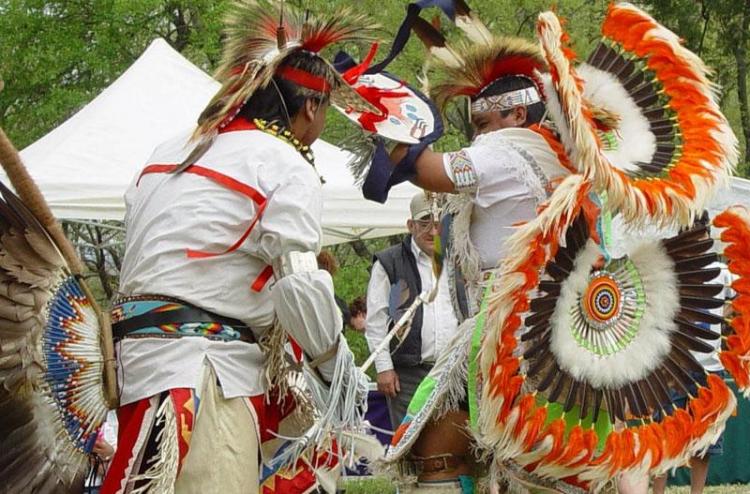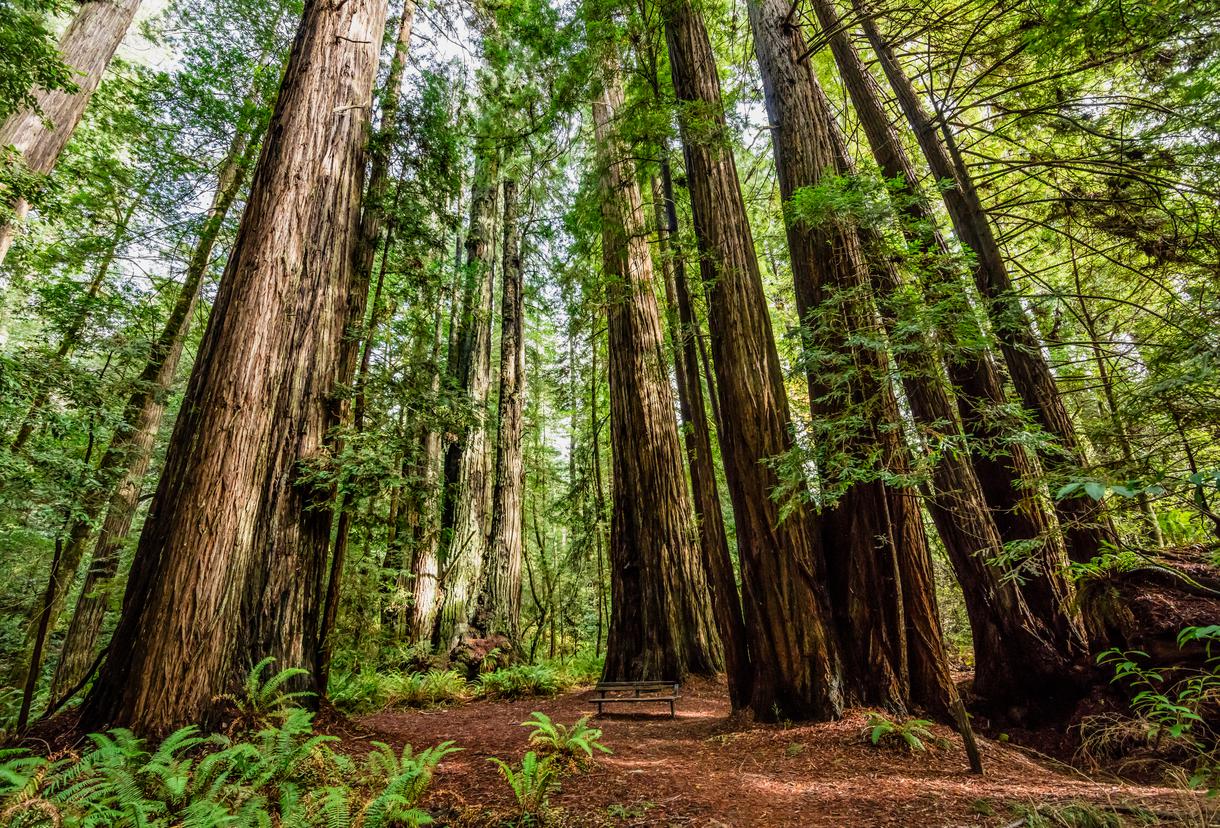Oklahoma: Where Tribes Thrive and History Lives
Oklahoma: Where Tribes Thrive and History Lives

Oklahoma. The name itself conjures images of rolling plains, rugged mountains, and a rich tapestry of history. But beyond the iconic landscapes, lies a story woven with the threads of resilience, cultural preservation, and the enduring spirit of Native American tribes.
Oklahoma, once known as Indian Territory, is home to 39 federally recognized tribes, each with a unique story and vibrant cultural legacy. From the powerful Cherokee Nation, with its deep roots in the Southeast, to the proud Comanche, known for their fierce independence, these tribes have called this land home for centuries.
Related Articles: Oklahoma: Where Tribes Thrive and History Lives
- Unveil the Enchanting World of Indian Nations in Florida
- Unveiling Oklahoma's Native American Heritage: Discoveries and Insights
- Largest Indigenous Tribes in South America: Unveiling a World of Discovery and Insight
- Uncover the Enigmatic World of Indian Reservations: A Journey of Discovery
- Unveiling the Seminole Tribe: Discoveries and Insights in Florida's Hidden Gems
A Tapestry of Nations: Exploring Oklahoma’s Tribal Heritage
Stepping into Oklahoma is like stepping into a living museum, where the echoes of the past resonate in every corner. You’ll find evidence of this rich history in the bustling tribal capitals, like the Cherokee Nation’s Tahlequah, where traditional arts and crafts thrive, or the Chickasaw Nation’s Ada, where the spirit of innovation and entrepreneurship burns bright.
Each tribe has its own language, traditions, and stories passed down through generations. The Choctaw Nation, for instance, boasts a rich oral tradition, with stories of the "Choctaw creation" and tales of legendary warriors passed down through generations. The Osage Nation, known for its deep connection to the land, has preserved its intricate dance traditions, showcasing their deep respect for the natural world.
Beyond the Past: Oklahoma’s Tribes Today
While Oklahoma’s tribes are deeply rooted in their history, they are also fiercely forward-looking. Today, they are driving economic development, fostering educational opportunities, and championing cultural preservation.
The Five Civilized Tribes – the Cherokee, Chickasaw, Choctaw, Creek, and Seminole – have established thriving economies, with diverse businesses ranging from casinos and healthcare to energy and technology. They are also investing heavily in education, building top-notch schools and universities to empower future generations.
The tribes are also at the forefront of preserving their cultural heritage. They’ve established museums, cultural centers, and language immersion programs, ensuring their traditions remain vibrant for generations to come. The Cherokee Nation, for example, has revitalized its language through a comprehensive program, offering classes and resources to rekindle the language’s spirit.
A Journey of Discovery: Exploring Oklahoma’s Tribal Heritage

Exploring Oklahoma’s tribal heritage is an immersive experience that goes beyond museums and exhibits. It’s about connecting with the land, the people, and the stories that have shaped this unique state.
You can visit the stunning Cherokee Nation’s Trail of Tears Memorial, a powerful reminder of the forced removal of the Cherokee people from their ancestral lands. You can explore the Osage Nation’s Wah-Zha-Zhi, a sacred site that holds deep cultural significance. You can even learn to speak a tribal language, immersing yourself in the rich tapestry of Oklahoma’s cultural heritage.
A Tapestry of Cultures: Celebrating Diversity
Oklahoma’s tribal heritage is a testament to the power of resilience, adaptation, and the enduring spirit of Native American people. The tribes have not only survived, they’ve thrived, creating vibrant communities that are a source of pride and inspiration.
The diversity of Oklahoma’s tribal heritage is a gift to the state and to the world. It’s a reminder that we are all connected, that history is a living tapestry, and that the stories of the past can guide us toward a more inclusive and understanding future.

FAQ: Oklahoma’s Tribal Heritage
1. How many tribes are there in Oklahoma?
There are 39 federally recognized tribes in Oklahoma.
2. What are the Five Civilized Tribes?
The Five Civilized Tribes are the Cherokee, Chickasaw, Choctaw, Creek, and Seminole. They were so named by European settlers due to their adoption of some aspects of European culture, including written languages and forms of government.
3. What is the Trail of Tears?
The Trail of Tears refers to the forced relocation of the Cherokee people from their ancestral lands in the Southeast to Oklahoma. It was a devastating journey that resulted in the deaths of thousands of Cherokee people.
4. What are some of the cultural events held by Oklahoma tribes?
Oklahoma’s tribes host a wide range of cultural events throughout the year, including powwows, festivals, and traditional ceremonies. These events are a wonderful way to experience the rich heritage of Oklahoma’s tribes.
5. How can I learn more about Oklahoma’s tribes?
You can learn more about Oklahoma’s tribes by visiting their websites, museums, and cultural centers. You can also attend cultural events and learn about their history and traditions.
6. How can I support Oklahoma’s tribes?
You can support Oklahoma’s tribes by visiting their businesses, attending their events, and learning about their history and culture. You can also donate to organizations that support tribal education, health, and cultural preservation.
Oklahoma’s tribes are a vital part of the state’s history, culture, and economy. They are a testament to the resilience and spirit of Native American people, and they continue to enrich the state with their traditions, languages, and vibrant communities. As you explore this incredible state, be sure to take the time to learn about the tribes who call Oklahoma home. You’ll discover a world of rich history, vibrant culture, and enduring spirit.

Closure
Thus, we hope this article has provided valuable insights into Oklahoma: Where Tribes Thrive and History Lives. We hope you find this article informative and beneficial. See you in our next article!


